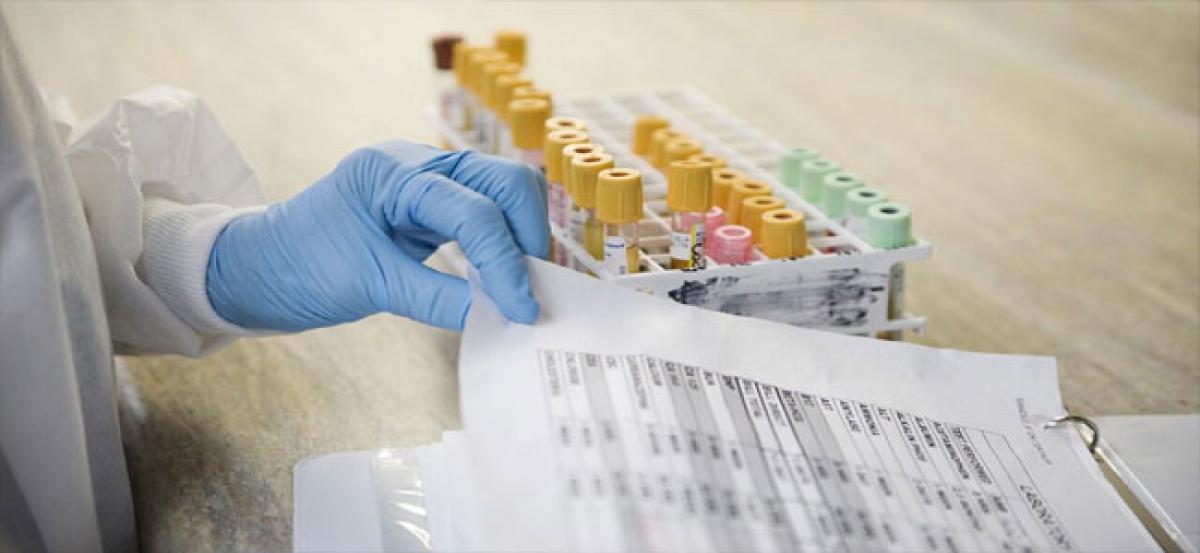Live
- CM Chandrababu orders assistance to victims in Paravada incident
- Post maiden LS win, Wayanad Cong leaders give election certificate to Priyanka Gandhi
- Empowering the Next Generation: The Impact of Quality Education on India’s Future
- 994 Hoax Bomb Threat Calls Target Indian Airlines – Government's Efforts to Tackle the Crisis
- Kundli: Your Cosmic Guide to Life’s Path - Astrologer Saahil Kohli
- Shocking Changes to Your PAN Card You Didn’t Know About
- Bumrah reclaims top spot as Test bowler, Jaiswal attains career-best 2nd place in batter's list
- How long can we keep him behind bars, asks SC on Partha Chatterjee's bail plea
- FA, PGMOL open investigation as betting charges emerge against disgraced-ref David Coote: Report
- Priyank Kharge highlights crucial collaboration between India, Switzerland in biotech research









